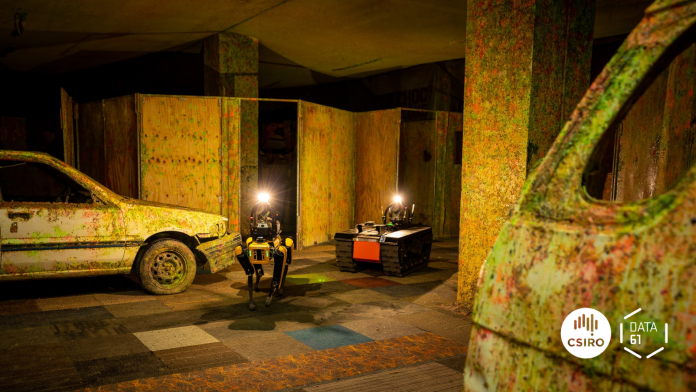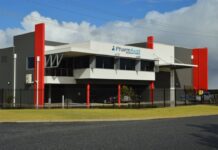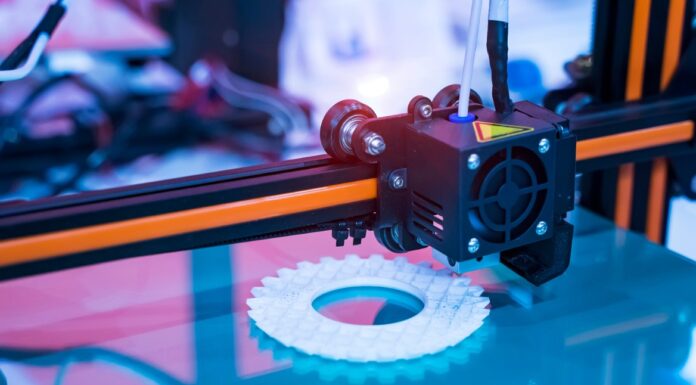
The CSIRO Data61 team has been selected as a finalist to compete in the DARPA SubT Challenge final event, which will take place from 21-23 September.
The Australian team will participate in the third and final phase of the three-year-long competition, which is funded by the US Defense Advanced Research Projects Agency (DARPA) and aims to explore new approaches to rapidly map, navigate, and search underground environments.
Breakthroughs discovered through the DARPA Challenge have helped push real-world applications forward, including improving safety and enhanced efficiency in local mining sectors, and promising significant potential in agriculture and manufacturing.
CSIRO group leader Dr Navinda Kottege said they were thrilled to be one of the final eight teams to compete.
“In the world of robotics, these challenges are like our Olympics,” Dr Kottege said.
“To the best of our knowledge, this is the first time any Australian team has made it to a DARPA Challenge final, and we’re very proud to showcase Australia’s capabilities in this area on the world stage.”
As part of the challenge, the six autonomous robots from CSIRO’s Data61 team will be required to locate and report back on items and environmental conditions throughout three underground courses built inside the Louisville Mega Cavern in Louisville, Kentucky.
According to CSIRO’s statement, the courses are designed to simulate real-world scenarios and involve locating models representing lost or injured humans, backpacks, or phones, as well as variable conditions such as pockets of gas.
The CSIRO Data61 team is made of nearly 30 people from CSIRO’s Data61 Robotics and Autonomous Systems Group, students from QUT and the University of Queensland as well as two funded partners including the Georgia Institute of Technology and Emesent.
Professor Ronald Arkin is Director of the Mobile Robot Laboratory at the Georgia Institute of Technology, which helped design the team’s multi-robot task allocation system, enabling robots in the field to collaboratively decide who is best placed to perform a particular task.
“This partnership unites the strengths of field robotics and perception already present in Aus with our experience in AI planning, multi-robot teams, and previous work with DARPA to form a solid and highly competitive effort to win the Challenge,” Professor Arkin concluded.
CSIRO spinout and DARPA Challenge partner Emesent worked closely with CSIRO to develop two autonomous drones that will explore, map and report back on the course.
Dr Farid Kendoul, CTO and co-founder of Emesent, said he was honoured to be part of the Australian team productising and commercialising autonomous technology to drive innovation and safety across a range of environments and industries.
“Having a fleet of driving, walking and flying robots that are achieving complex missions autonomously and collaboratively is a major technological milestone and an important step towards using autonomous systems for saving lives and helping people,” Dr Kendoul conlcuded.




















